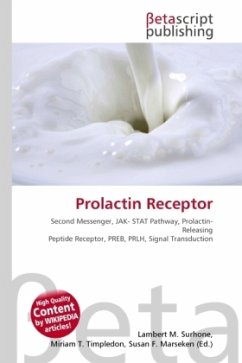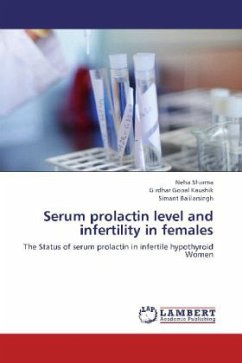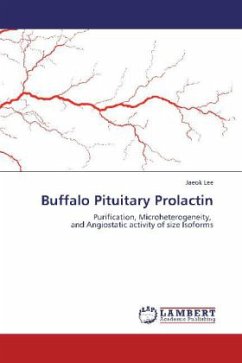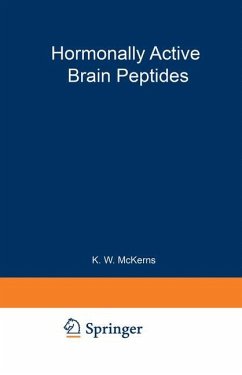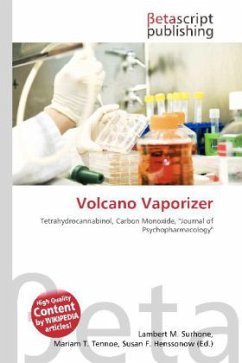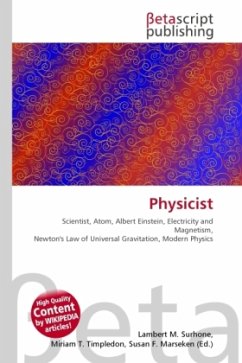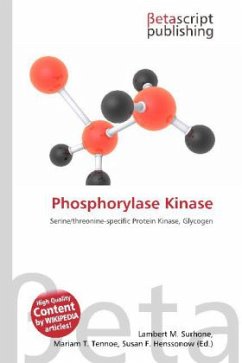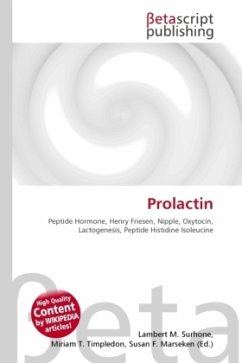
Prolactin
Versandkostenfrei!
Versandfertig in 6-10 Tagen
23,99 €
inkl. MwSt.

PAYBACK Punkte
12 °P sammeln!
High Quality Content by WIKIPEDIA articles! Prolactin has many effects including regulating lactation, orgasms, and stimulating proliferation of oligodendrocyte precursor cells. It stimulates the mammary glands to produce milk (lactation): Increased serum concentrations of prolactin during pregnancy cause enlargement of the mammary glands of the breasts and increases the production of milk. However, the high levels of progesterone during pregnancy act directly on the breasts to stop ejection of milk. It is only when the levels of this hormone fall after childbirth that milk ejection is possibl...
High Quality Content by WIKIPEDIA articles! Prolactin has many effects including regulating lactation, orgasms, and stimulating proliferation of oligodendrocyte precursor cells. It stimulates the mammary glands to produce milk (lactation): Increased serum concentrations of prolactin during pregnancy cause enlargement of the mammary glands of the breasts and increases the production of milk. However, the high levels of progesterone during pregnancy act directly on the breasts to stop ejection of milk. It is only when the levels of this hormone fall after childbirth that milk ejection is possible. Sometimes, newborn babies (males as well as females) secrete a milky substance from their nipples. This substance is commonly known as Witch's milk. This is caused by the fetus being affected by prolactin circulating in the mother just before birth, and usually stops soon after birth. Prolactin provides the body with sexual gratification after sexual acts: The hormone counteracts the effect of dopamine, which is responsible for sexual arousal. This is thought to cause the sexual refractory period.



